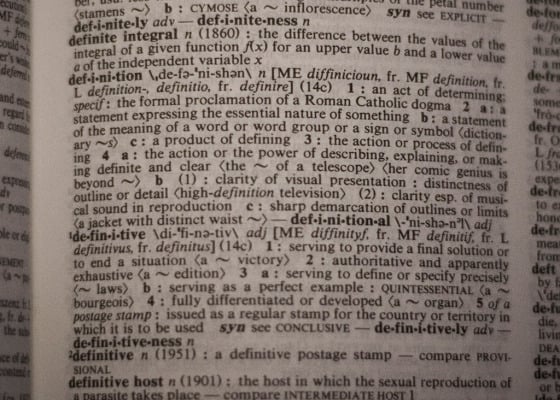I sometimes get asked to distinguish a few key missiological terms.
These words often appear in missiological and theological literature. Various books and articles go into more detail than I do in this post. Nevertheless, I hope this offers some clarification without getting too technical.
“Adaptation” and “Accommodation”
These terms are rarely separated in common usage, though particular scholars may have their own reasons for doing so.
“Adaption” and “accommodation” are rather broad terms. They refer to the way missionaries “adapt,” change or accept practices, rituals, or communication styles to better suit a local culture. These methods typically are foreign to his/her own cultural background or tradition. The words convey the value that one culture should not entirely “replace” or usurp some other culture.
Nowadays, Protestants prefer to use the word “contextualization.”
Contextualization
I have written on this with some detail in my book Saving God’s Face. Also, prior posts have discussed the subject.
In short, evangelicals tend to define contextualization as the process by which one communicates and/or applies the biblical message in a relevant way for a local cultural context.
I however suggest that we need to add interpretation to the process. Therefore, I define contextualization as the process by which people interpret, communicate, and apply the Bible within a particular cultural context.
Inculturation
This term largely grows out of Catholic circles. Evangelicals rarely distinguish sharply between “contextualization” and “inculturalization.”
Scott Moreau, in the Evangelical Dictionary of World Missions, states,
“Rather than translating the concepts of the gospel in a new cultural setting by outsiders, it refers to the insiders of the culture integrating at the root of their culture the values, ideals, teachings, and orientation of the gospel and church tradition.” (p. 476)
 Indigenization
Indigenization
Once again, we are deep in over our heads in nuance. Understandably, most missiologists will not be quick to rattle off the distinctions between each of these terms.
Dean Flemming defines “indigenization” in this way:
“Indigenization, refers to the ‘translatability’ of the universal Christian faith into the forms and symbols of any culture. This is similar to contextualization’s focus but does not go as far as contextualization to include social, political and economic factors as well. The basis of the indigenous concept is self-propagation, self-governance, and self-financing, which is build on the independence or individualization concepts of Western philosophy, thus has come under some criticism.” (“Contextualization,” Trends and Issues in Missions)
If you are interested in the background of these terms, here are a few starting places that give brief overviews of the early use of these terms in missiological circles.
Chapter Two of Bruce Nicholls’ Contextualization: A Theology of Gospel and Culture
Krikor Haleblian, The Problem of Contextualization,” Missiology Vol 6, no. 1 (Jan 1983).
Of course, most theological and missiological dictionaries will prove helpful as well.
Photo Credit: Creative Commons 2.0/Flickr



















